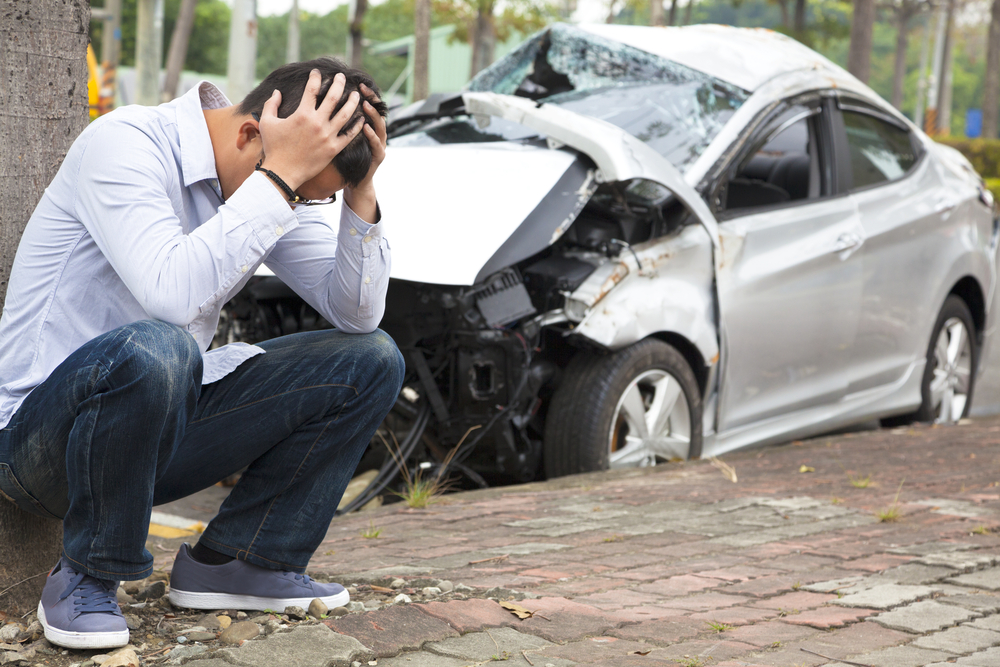A Complete Guide To Help You Recover From A Car Accident
Car accidents have the potential to significantly disrupt individuals’ lives. They can result in severe physical and mental harm, sometimes causing injuries that impact a person’s ability to maintain their usual lifestyle, independence, or work. If you have been involved in a car accident, it’s important to consider seeking compensation to help cover expenses and provide time for recovery. This guide will cover the process of seeking compensation and essential steps to cope with and heal after a car accident.
1. Seek Legal Advice from Professionals
Shortly after the accident, it is advisable to consult with a personal injury lawyer. A lawyer can guide you through the compensation claim process and ensure you receive proper recompense for your injuries. Given the potential costs of medical treatment, compensation is crucial. When selecting a lawyer, prioritize those with positive reviews and extensive experience. You can gauge a lawyer’s experience by reviewing client feedback on their website and assessing the total compensation they have successfully secured for clients in the past, usually available on the law firm’s homepage.
2. Initiate the Formal Claim Process
Once you have chosen a lawyer to work with, you can begin the formal claim procedure. This involves providing your attorney with a detailed account of the events leading up to and following the accident. You will need to submit receipts for expenses incurred due to the accident, such as medical bills, to facilitate reimbursement. Ensure that you request invoices or receipts from your healthcare provider once your insurance carrier has made payments.
3. Prioritize Medical Assistance
Immediately following a car accident, your top priority should be seeking medical help. It is essential to address your injuries before focusing on compensation. Experts from the Injury2Wellness chiropractic clinic stress the importance of prioritizing recovery post-accident. Neglecting injury treatment can lead to worsening conditions and potential disabilities. Visit a hospital after an accident, as some internal injuries may not exhibit immediate symptoms, like whiplash.
4. Gather Evidence Promptly
Regarding compensation, gathering evidence promptly is key. Early evidence collection streamlines the claim process for your lawyer. Additionally, ensure you collect contact information from the at-fault driver. Many individuals make the mistake of leaving the accident scene without obtaining this information, hindering their ability to claim compensation.
5. Understand the Claim Process
Before filing a personal injury claim, take the time to educate yourself about the process. Many people rush into claims without fully understanding the implications, leading to added stress. For most people, the process can be overwhelming. Hiring a lawyer not only provides legal guidance but also emotional support, helping you navigate the claim process more smoothly. Choose a highly experienced personal injury lawyer to ensure you receive adequate guidance.
6. Focus on Mental Health Support
Consider your mental well-being following a car accident, as it can have lasting effects. The trauma of an accident can leave a lasting impact, potentially leading to phobias or driving-related anxieties. A therapist can help you work through these issues and develop coping strategies. Choose a qualified and experienced therapist by reviewing feedback on their website to understand their approach to therapy.
7. Lean on Your Support System
Surround yourself with loved ones and rely on your support network to aid in your recovery post-accident. If you have sustained significant injuries, you may require assistance at home. If family support is not available, consider reaching out to charitable organizations that assist individuals with disabilities or illnesses. Having the support of caring individuals can help restore structure to your life and provide a outlet for discussing your challenges.
8. Consider Involving Law Enforcement
If the at-fault party in the accident was behaving recklessly or under the influence of substances, consider involving the police. Contact law enforcement to the scene promptly for testing. Having the police present ensures accurate testing of the responsible individual. Failure to involve law enforcement could lead to inconclusive or negative test results if the individual sobers up before testing. In certain regions, reporting accidents to the police is a legal requirement.
9. Focus on Preventing Future Accidents
Post-accident, prioritize preventing future incidents by practicing defensive driving techniques. Defensive driving is a reliable strategy for staying safe on the road. Avoid allowing fears or phobias related to driving to develop, as driving is a crucial aspect of daily life. Avoiding vehicles entirely can create unnecessary difficulties in your routine.
Coping with and recovering from a car accident requires careful consideration. Pursuing compensation and seeking support from healthcare professionals are vital steps towards healing and reinstating balance in your life.
















